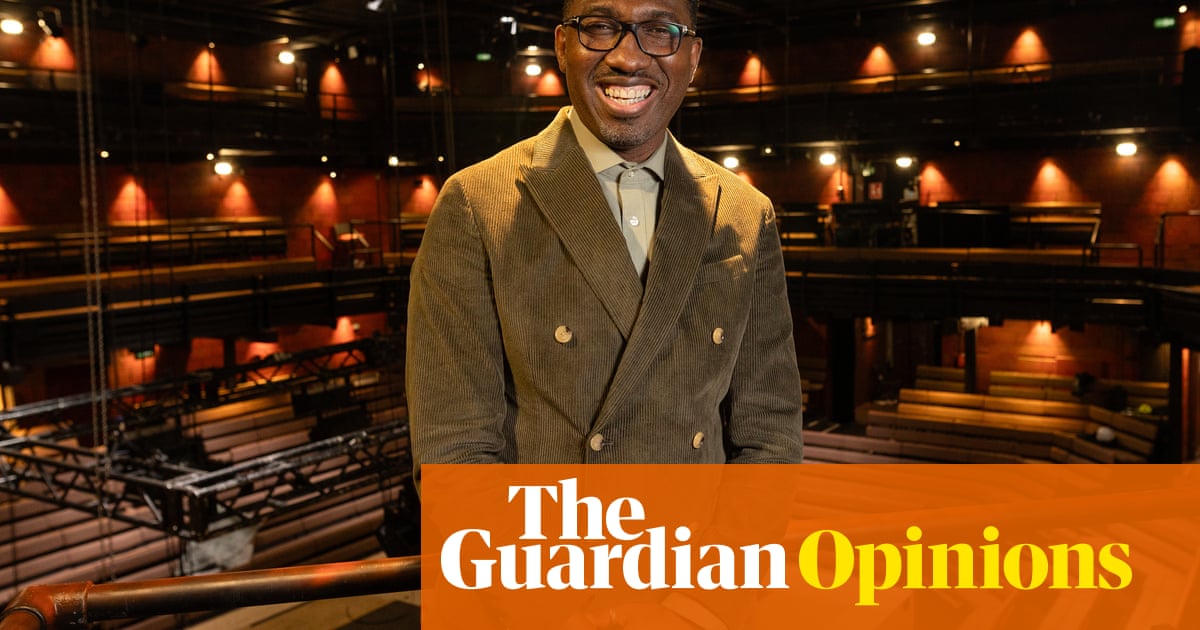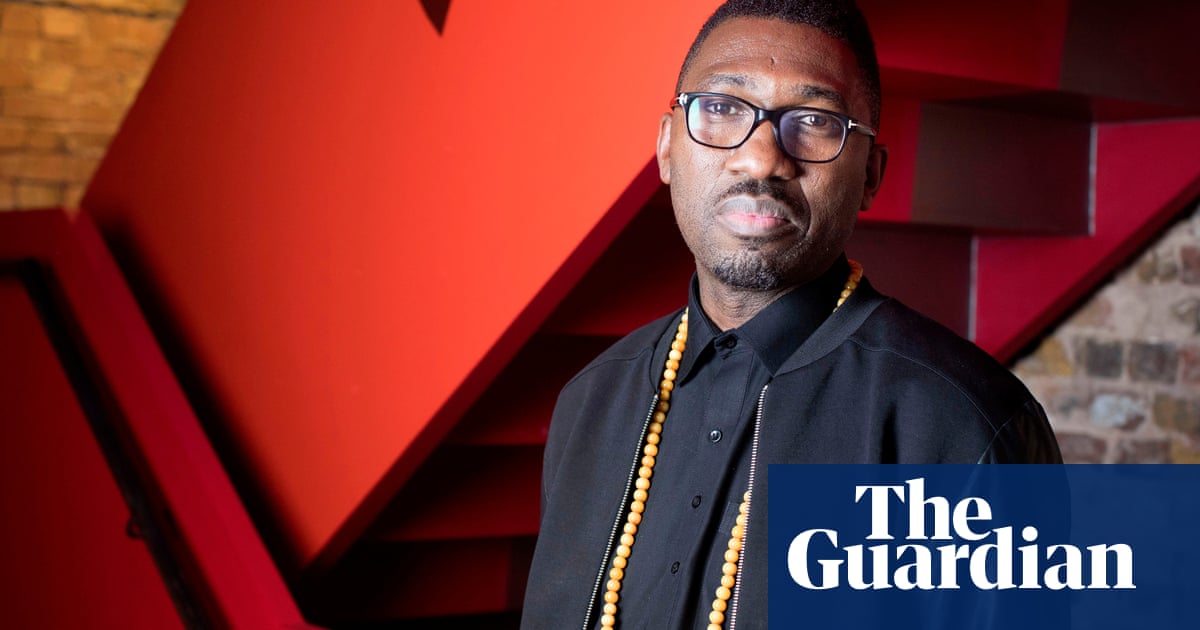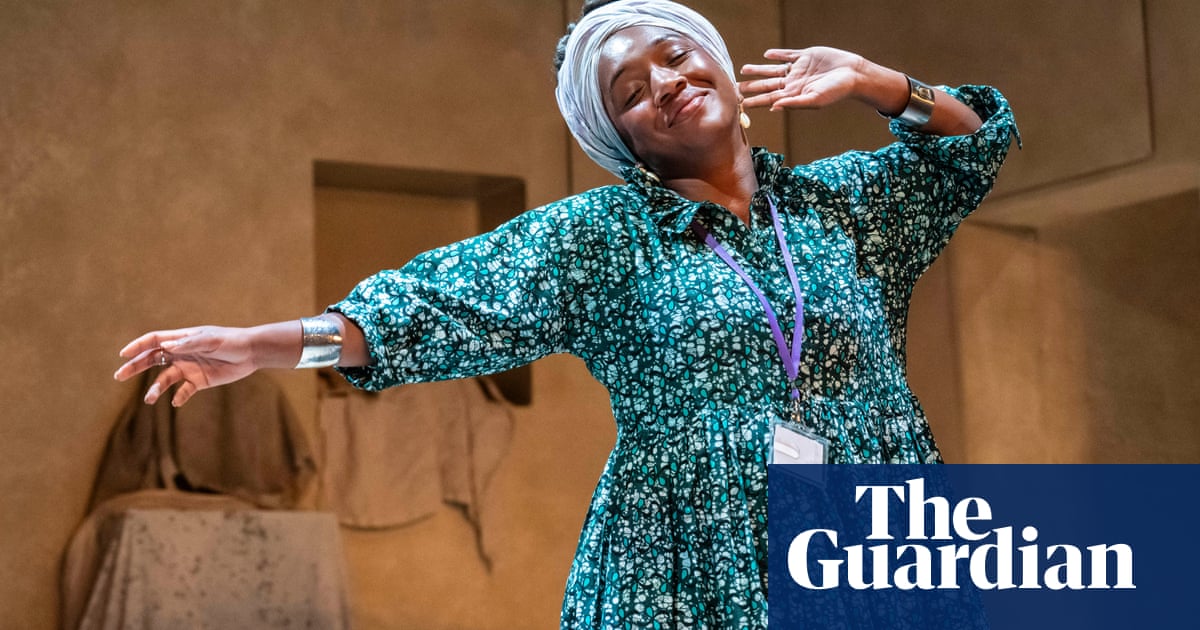
Kwame Kwei-Armah’s decision to step down from the helm of the Young Vic is a genuine shock and disappointment. Who anticipated it? Not me. Six years seems like too short a tenure, especially given the enormous hiccup of the pandemic.
An actor, internationalist and former member of the National Theatre board, Kwei-Armah is known for his affable leadership style and charisma. Importantly, he was the first African Caribbean figure to lead a major British theatre. In an overwhelmingly white sector he would doubtless often have been the only Black man among his peers, especially before the diversity drives that followed BLM activism.
He is unique as an artistic director in other ways, too: his hinterland as a screen actor and playwright gave him scope and range, as did his six-year tenure as artistic director at Baltimore’s Center Stage theatre (he has spoken of leaving Britain for its lack of opportunities).
The Young Vic was founded in 1970 on a mission to present the classics to young audiences and in this respect, Kwei-Armah has delivered. The theatre exudes a youthful energy, and there have been stunning re-imaginings of the canon, such as Oklahoma! – among the fiercest and most accomplished revivals I have seen – and Cush Jumbo’s androgynous Hamlet, a production that did not get the recognition it deserved.
Some of his programming has been pure theatre dynamite, from Fairview, which became one of the most talked about shows of 2019, to Marianne Elliott and Miranda Cromwell’s sensational Death of a Salesman, which, like Oklahoma!, transferred to the West End. Among other memorable shows was a searing adaptation of Édouard Louis’s Who Killed My Father, directed by Ivo van Hove, which reminded me exactly how devastating, and impactful, theatre could be. Last year’s The Second Woman, a 24-hour show starring Ruth Wilson, had people queueing around the building for hours in the dead of night and was the Guardian’s top theatre show of 2023.
But there have been failures, too. The most recent, and spectacular, of which was the musical Mandela. Last month, the theatre reported that it had been forced to cancel 41% of that show’s run due to illnesses. There was also the controversy around the alleged removal of two female playwrights from the 2019 play Tree. He lived through that and the theatre seemed on a commercial upturn, with the recent run of Matthew Dunster’s popular, and starry, adaptation of The Homecoming.
Off stage, he has attempted to change the internal culture of the theatre itself. There is more diversity, visible and behind the scenes – from front of house to management – and the theatre showed its commitment to analysing its internal structures by entering into a pioneering consultation process, alongside the Royal Court theatre.
Last year saw major shifts in the theatre landscape, with lots of new artistic director appointments, which seemed to signify a period of refreshing renewal. But this departure suggests another kind of shift – more to do with self-preservation for beleaguered theatres.
The Young Vic was among a trio of London stages that reported growing financial pressures last month. Kwei-Armah hints at these pressures in his statement: “The painful reality is I am leaving a subsidised sector where 13 years of standstill funding is taking its toll.”
Laurence Olivier spoke of the experimentalism on which the Young Vic’s foundations were built, and with every experiment there is the prospect of failure. We need to allow for that. Kwei-Armah is a risk-taker, as any boss of the Young Vic should be, and we desperately need theatre to stay risky.
Arifa Akbar is the Guardian’s chief theatre critic












